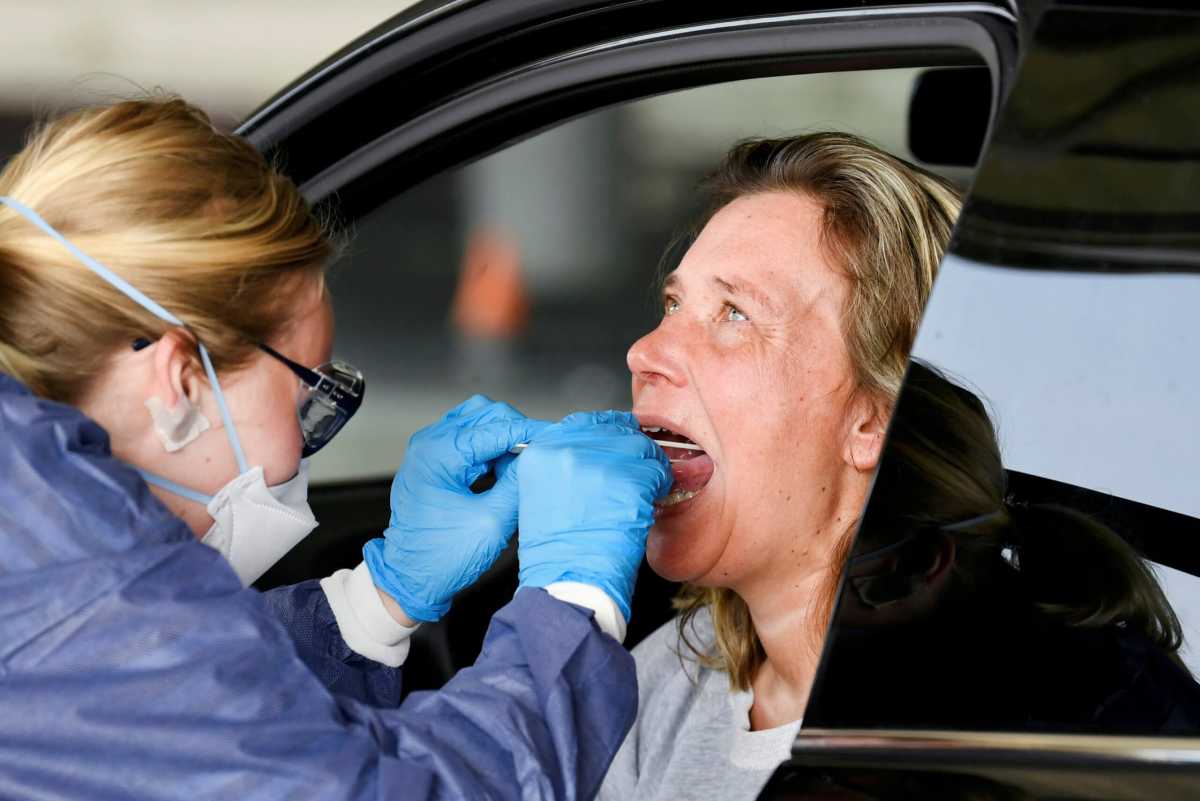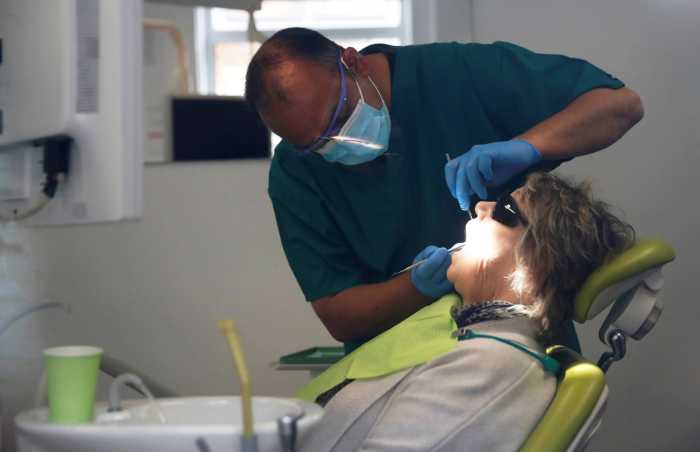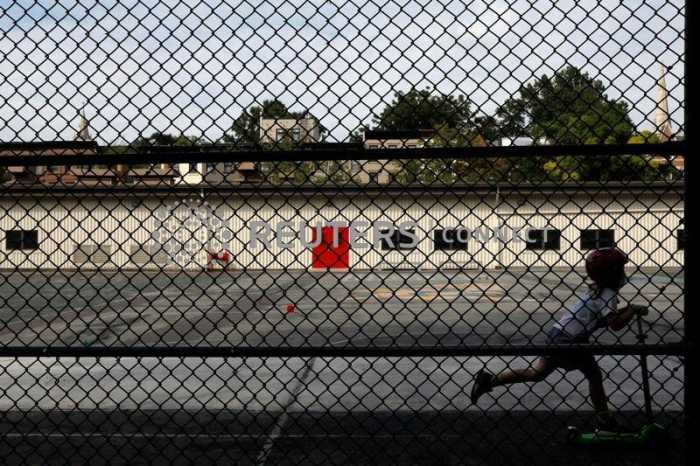Two European patients are confirmed to have been re-infected with the coronavirus, raising concerns about people’s immunity to the virus as the world struggles to tame the pandemic.
The cases, in Belgium and the Netherlands, follow a report this week by researchers in Hong Kong about a man there who had been re-infected with a different strain of the virus four and a half months after being declared recovered – the first such re-infection to be documented.
That has fueled fears about the effectiveness of potential vaccines against the virus, which has killed hundreds of thousands of people, though experts say there would need to be many more cases of re-infection for these to be justified.
Belgian virologist Marc Van Ranst said the Belgian case was a woman who had contracted COVID-19 for the first time in March and then again with a different coronavirus strain in June. Further cases of re-infection were likely to surface, he said.
Van Ranst told Reuters TV the woman in her 50s had very few antibodies after the first infection, although they might have limited the sickness. Re-infection cases were probably limited exceptions, he said, although it was too soon to tell and many were likely to surface in coming weeks.
He added that the new coronavirus appeared more stable than the influenza virus, but it was changing, and that vaccine designers would not be surprised by this.
“Viruses mutate and that means that a potential vaccine is not going to be a vaccine that will last forever, for 10 years, probably not even five years. Just as for flu, this will have to be redesigned quite regularly,” he said.
Van Ranst, concluded, “We would have loved the virus to be more stable than it is, but you can’t force nature,” he said.
The National Institute for Public Health in the Netherlands said it had also observed a Dutch case of re-infection with a different strain of the virus.
Marion Koopmans, a leading virologist in the Netherlands and a member of the WHO’s scientific advisory group highlighted the elderly Dutch patient had a weakened immune system, which explained the patient’s situation. “People are worried and ask if re-infection is ‘standard’. I don’t think it is,” she added.
However, Dr David Strain, a clinical senior lecturer at the University of Exeter and chair of the British Medical Association’s medical academic staff committee, said the cases were worrying for at least two reasons.
“The first is that it suggests that previous infection is not protective,” he said. “The second is that it raises the possibility that vaccinations may not provide the hope that we have been waiting for.”




























